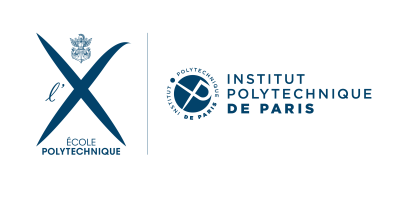
Log in to École polytechnique learning platform
Is this your first time here?
Si vous êtes déjà inscrit à l’École Polytechnique, merci d’entrer votre login LDAP PRENOM.NOM (SynapseS, salles info, messagerie, etc.) et non un email.
Si vous êtes candidat à un programme de l’École, merci de cliquer sur “connexion anonyme” en bas à gauche.
Si Moodle vous indique que votre mot de passe doit être changé, connectez-vous sur https://annuaire.polytechnique.fr pour le changer
If you are currently enrolled at École Polytechnique, please enter your LDAP login FIRSTNAME.LASTNAME (SynapseS, computer rooms, email, etc.) and not an email.
If you are a prospective student, please click on “connexion anonyme” or “log in as a guest” below on the left section.
If Moodle suggests that your password needs to be changed, log in to https://annuaire.polytechnique.fr to change it.